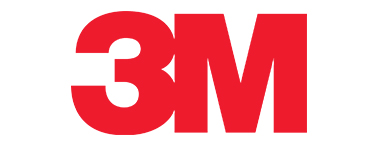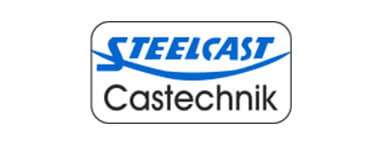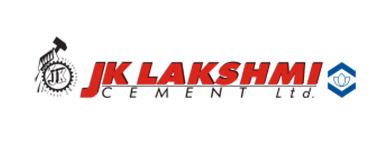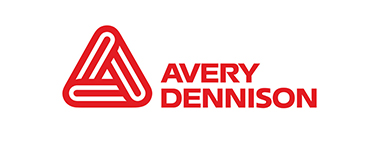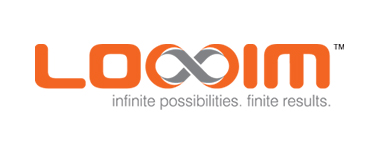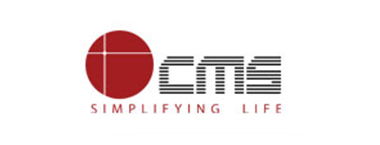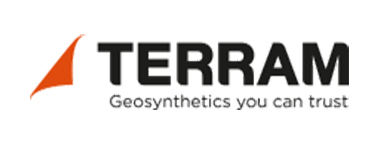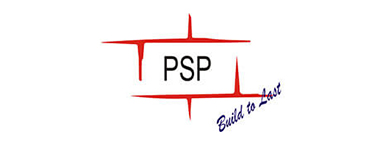
Frequently Asked Questions on ISO 9001
Key elements of ISO 9001 include:
Quality Policy
Quality Objectives
Risk-Based Thinking
Process Approach
Leadership
Planning
Support
Operation
Performance Evaluation
Improvement
ISO 9001:2015 standard comprises 10 clauses, and while it doesn't have a strict division into "20 requirements," here's a list of key elements that cover its main requirements:
Context of the Organization
Leadership
Planning
Support
Operation
Performance Evaluation
Improvement
Quality Policy
Risk-Based Thinking
Process Approach
Objectives and Planning to Achieve Them
Competence and Training
Documented Information Control
Operational Planning and Control
Customer Requirements Understanding
Design and Development (if applicable)
Supplier Management
Measurement and Monitoring
Internal Audit
Management Review
These elements collectively define the framework for ISO 9001 implementation and certification.
ISO 9001 is valuable for a wide range of organizations, including:
Manufacturing Companies: Ensuring quality production processes and products.
Service Providers: Delivering reliable and consistent services.
Healthcare Facilities: Maintaining patient safety and quality care.
Construction Firms: Ensuring quality in building processes and structures.
Technology Companies: Providing reliable software and hardware products.
Educational Institutions: Offering quality education and training.
Government Organizations: Improving public service delivery.
Small Businesses: Establishing credibility and process efficiency.
In essence, any organization striving for quality and process improvement can benefit from ISO 9001 certification.




